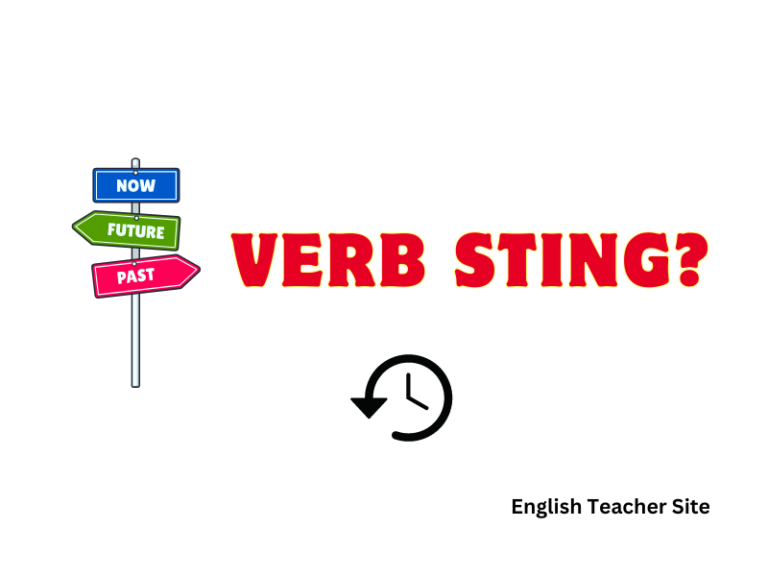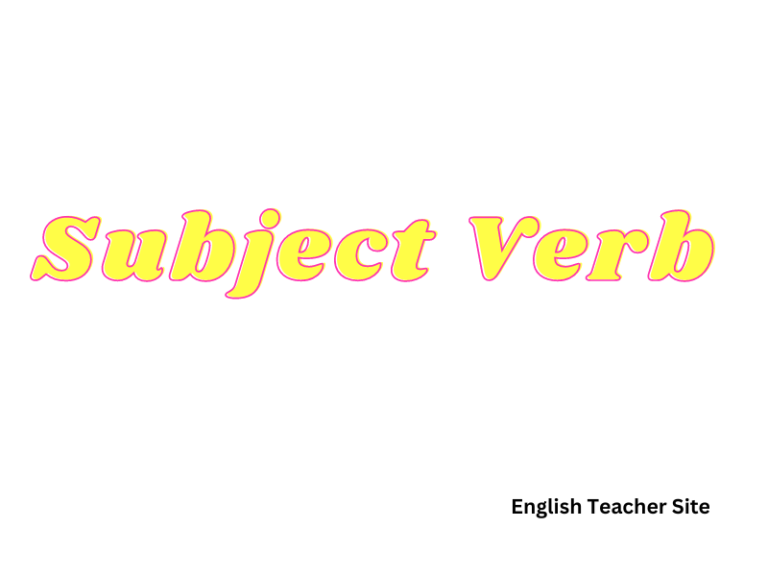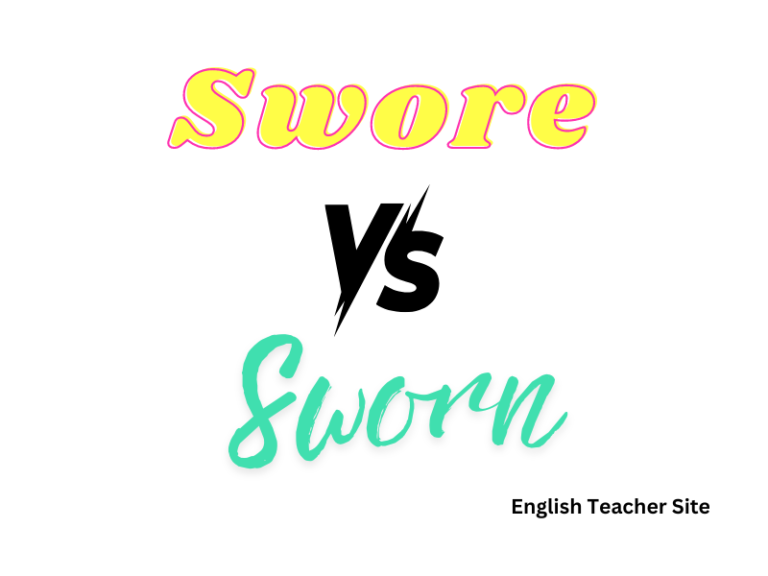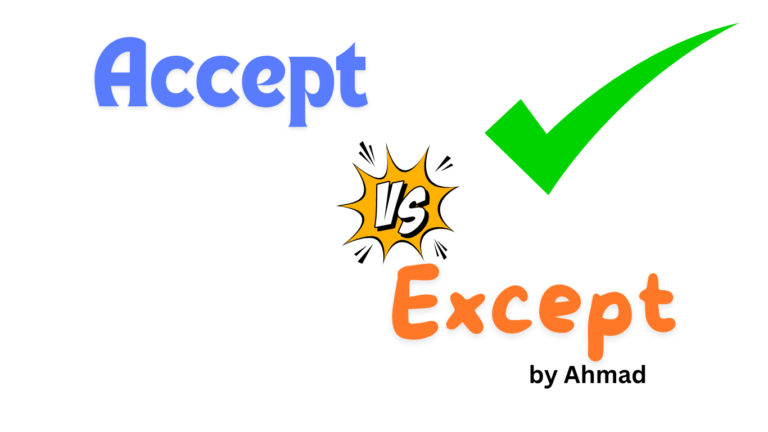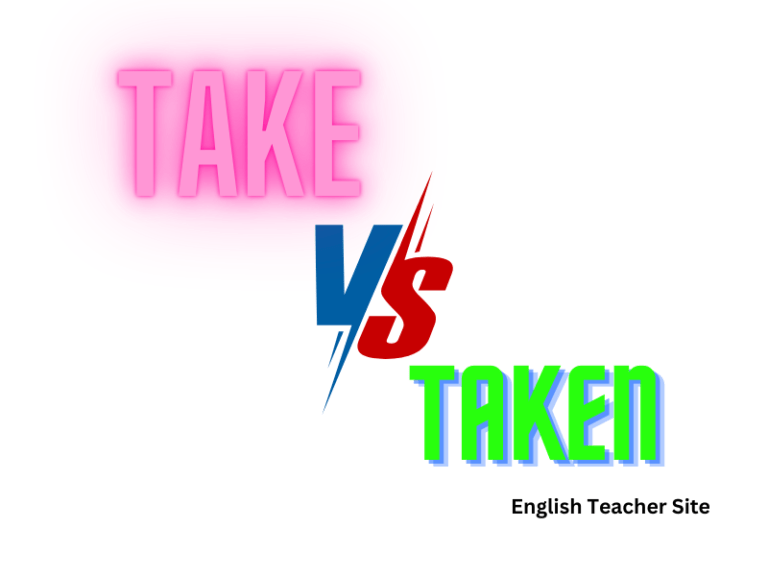What’s the Past Tense of Write: Understanding Wrote vs. Written

- “Wrote” is the simple past tense form, used to indicate a completed action in the past.
- “Written” is the past participle form, used with auxiliary verbs or in passive constructions.
- Distinguishing between “wrote” and “written” is vital for correct tense usage and clarity in writing.
The simple past tense “wrote” is utilized when discussing an action that was completed in the past. It follows the subject directly without the aid of auxiliary verbs. In contrast, “written” is the past participle form and requires an auxiliary verb, such as “has,” “have,” or “had,” to construct perfect tenses or the passive voice. Moreover, recognizing when to use “wrote” versus “written” is crucial for clear and effective communication.
What’s the Past Tense of Write: Wrote or Written?
Wrote is the simple past tense of “write” and is used to talk about an action that was completed in the past. It stands alone without the need for auxiliary verbs.
Written, on the other hand, is the past participle form of “write” and must always be used with an auxiliary verb, such as “has,” “have,” or “had.”
Here’s a look at how these forms are applied:
| Simple Past Tense “Wrote” | Past Participle “Written” |
|---|---|
| I wrote a letter yesterday. | I have written a letter. |
| She wrote the report. | She has written the book. |
| They wrote their essays. | They had written to us. |
When it comes to usage, the selection between ‘wrote’ and ‘written’ is determined by the sentence structure:
- Use wrote:
- To indicate an action completed at a specific time in the past.
- When no auxiliary verb is present.
- Use written:
- With an auxiliary verb to form perfect tenses.
- To describe an action that was completed before another action or time in the past.
- Wrote:
- Simple past
- No auxiliary verb needed
- Specific time in the past
- Written:
- Past participle
- Requires an auxiliary verb
- Used in perfect tenses
Forms of the Verb to Write
Here, we will look at how these forms are utilized in various tenses:
Simple Present:
- I write
- You write
- He/She/It writes
- We write
- They write
Simple Past:
- I wrote
- You wrote
- He/She/It wrote
- We wrote
- They wrote
Past Participle:
- I have written
- You have written
- He/She/It has written
- We have written
- They have written
Present Participle (used for the present continuous tense):
- I am writing
- You are writing
- He/She/It is writing
- We are writing
- They are writing
Here, two tables illustrate the use of “write” in both the active and passive voices:
Active Voice:
| Tense | Example |
|---|---|
| Simple Present | They write essays. |
| Present Continuous | They are writing a book. |
| Simple Past | They wrote the report yesterday. |
| Past Continuous | They were writing when I called. |
| Present Perfect | They have written two chapters. |
| Present Perfect Continuous | They have been writing all morning. |
Passive Voice:
| Tense | Example |
|---|---|
| Simple Present | Essays are written by them. |
| Past | The book was written by them. |
| Present Perfect | The report has been written by them. |
When considering the infinitive form of the verb, one might use “to write,” as in the sentence, “To write clearly is important.
- Present Perfect Continuous: I have been writing
- Past Perfect Continuous: I had been writing
- Future Perfect Continuous: I will have been writing
Difference Between ‘Wrote’ and ‘Written’
‘Wrote’ is the simple past tense of ‘write.’ It is mainly used when indicating that the action of writing was completed at a specific time in the past. It stands alone without the need for any auxiliary verbs. For instance, one might say:
- She wrote a poem yesterday.
- He wrote his thesis last year.
On the other hand, ‘written’ is the past participle form of ‘write’ and is typically used in perfect tenses. ‘Written’ requires an auxiliary verb such as ‘has,’ ‘have,’ or ‘had’ to form the perfect tense structures. Examples include:
- They have written their essays.
- She had written a novel before she turned twenty-five.
To visually distinguish these forms, consider the following tables summarizing their uses:
| Simple Past Tense ‘Wrote’ | Usage |
|---|---|
| Wrote | Indicates an action completed in the past at a definite time. Does not require an auxiliary verb. |
| Examples: | He wrote a letter. / They wrote a song together. |
| Past Participle ‘Written’ | Usage |
|---|---|
| Has/Have/Had Written | Used with an auxiliary verb in perfect tenses to show actions that occurred at an unspecified time or have relevance to the present or past. |
| Examples: | She has written a new article. / They had written reports before the deadline. |
Examples of ‘Write’ in the Present Tense
Singular:
- He writes emails to his colleagues every morning.
- She writes her thoughts in her diary before bed.
- It writes data to the disk without any errors.
Plural:
- They write reports on the weekly progress to their supervisor.
- The authors often write collaboratively using online platforms.
To delve deeper into understanding, let’s look at “write” in the context of simple and continuous aspects:
| Simple Present Tense | Present Continuous Tense |
|---|---|
| He writes code. | He is writing a new app. |
| She writes novels. | She is writing a chapter. |
The present continuous tense is utilized to emphasize an action that is currently ongoing, often at the moment of speaking.
Let’s illustrate “write” within simple sentence structures:
Simple sentences:
- The student writes neatly.
- The journalist writes objectively.
Compound sentences:
- The lawyer writes a brief, and then he reviews the case.
- The poet writes and also teaches.
Complex sentences:
- Whenever inspiration strikes, she writes a new poem.
- If he has free time, he writes in his blog.
In the context of imperative sentences, where “write” can function as a command or request, the subject is often implied:
- Please write your name here.
- Write a review if you enjoyed the service.
Examples of ‘Wrote’ in the Past Tense
The following examples illustrate how ‘wrote’ is used in sentences:
- She wrote a letter to her friend yesterday.
- They wrote their essays last night.
- He wrote the code for the new application over the weekend.
Here are two tables with additional examples:
| Subject | Verb (wrote) | Completion Time of Action |
|---|---|---|
| He | wrote | last night |
| She | wrote | yesterday afternoon |
| They | wrote | during the workshop |
| Singular/Plural | Examples of ‘Wrote’ in a Sentence |
|---|---|
| Singular | The poet wrote an impactful poem. |
| Plural | The students wrote their theses in May. |
Wrote is used alone:
- He wrote an apology.
- She wrote daily in her diary.
Wrote does not pair with ‘has,’ ‘have,’ or ‘had’:
- Incorrect: He has wrote a novel.
- Correct: He has written a novel.
Remember, ‘wrote’ signifies that the action is complete and does not extend into the present.
Written (Past Participle) Examples
The past participle of “write” is “written.” This form is not used on its own as the main verb in a sentence and typically follows an auxiliary verb such as “has,” “have,” or “had.” To demonstrate proper usage, consider the examples and tables provided.
Usage in Perfect Tenses:
- Present Perfect: They have written an amazing novel this year.
- Past Perfect: She had written three reports before lunch.
- Future Perfect: They will have written their essays by tomorrow’s deadline.
In the passive voice, “written” denotes an action performed on the subject of the sentence:
- The book was written by a famous author.
- Reports are written every quarter.
Table 1: Written Used in Sentences
| Sentence | Explanation |
|---|---|
| The instructions had been written clearly. | “Had been written” is the past perfect passive form. |
| The poem has been written in free verse. | “Has been written” is the present perfect passive form. |
Table 2: Written with Auxiliary Verbs
| Auxiliary Verb | Past Participle | Example Sentence |
|---|---|---|
| has / have | written | He has written several letters. |
| had | written | They had written to us last month. |
Examples in Context:
- Letters of recommendation have been written and sent.
- The screenplay was original and had been written in just two weeks.
- The research paper has been written and will be submitted for review.
Synonyms of Write
The verb “write” has a variety of synonyms that convey the act of composing or inscribing words. Each term has its own nuance and context of use. Here are some commonly used synonyms, sorted into two categories for simplicity: informal and formal contexts.
Informal Contexts:
| Word | Usage |
|---|---|
| Jot down | To write something quickly |
| Scribble | To write or draw carelessly or hurriedly |
| Pen | To write or compose |
| Draft | To write a preliminary version of a document |
Formal Contexts:
| Word | Usage |
|---|---|
| Compose | To write with careful thought |
| Draft | To prepare an initial outline or version |
| Formulate | To develop something in written form |
| Author | To write a book, article, or document |
It should be noted that “draft” can be applied in both formal and informal settings but carries a tone difference based on usage.
- Jot down and scribble suggest a quicker, less formal method of writing.
- To compose suggests a more thoughtful and structured approach.
- To author indicates the creation of substantive works or documents.
Other Variants:
- Document: Often used in the context of recording facts or events.
- Inscribe: Implies writing on a hard surface.
- Transcribe: To write down something that is spoken or in another form.
Usage in Sentences:
- She drafted a letter to the editor.
- The professor composed a comprehensive syllabus for the course.
- He jotted down the phone number on a piece of scrap paper.
Idioms and Phrases with Write
In the English language, several idioms and phrases incorporate the verb “write,” and these often relate to various aspects of communication and documentation. Here’s a look at some of these expressions which can be used in both formal and informal contexts.
| Idiom | Meaning |
|---|---|
| write off | To dismiss something as insignificant or as a failure |
| write up | To create a detailed document, often about someone’s misconduct |
| nothing to write home about | Not very good, or not very significant |
In addition to these idioms, there are phrases that incorporate the past tense forms of “write,” such as “wrote” and “written.”
- “wrote the book on” – someone is considered an expert in a particular field; they have extensive knowledge or authority on a subject.
Example: She is so knowledgeable about botany; she practically wrote the book on it.
- “written all over it” – something is very obvious or clear.
Example: The guilt was written all over his face.
Using these idiomatic expressions enriches language and provides a figurative way of presenting ideas and opinions. Here’s how the past participle “written” fits into some common phrases:
| Phrase | Meaning |
|---|---|
| ghostwritten | A piece of writing completed by someone other than the named author |
| handwritten | Written with a pen or pencil, not typed or printed |
Bearing in mind these idiomatic expressions gives one an upper hand in understanding the nuance and depth of the English language. This usage of “write,” “wrote,” and “written” in various contexts exemplifies their versatility in both spoken and written English.
The History of Write
As an English teacher, it is important to note that the verb “write” has an extensive history in the English language. It originates from the Old English “writan,” which meant to score, outline, or inscribe – particularly in runes.
The transformation of the verb over time reflects the development of writing technology and the changes in the manner we record information. Below are some key historical points regarding the verb “write”:
- Old English (450-1150 A.D.): “Writan” conveys the action of writing, generally on solid materials.
- Middle English (1150-1470 A.D.): The form of the verb starts to modernize, and we see the usage of “write” appearing.
- Early Modern English (1470-1700 A.D.): The verb stabilizes in form, and “wrote” becomes common as the past tense.
The usage and forms of the verb “write” have evolved with language and the requisite tools. Penmanship, once an elite skill, has been democratized over centuries, broadening the applicability of “write” and its past forms.
Conjugation Table:
| Tense | Conjugation |
|---|---|
| Present | write |
| Past | wrote |
| Past Participle | written |
Usage Table:
| Form | Example Sentence |
|---|---|
| Past Tense | She wrote a letter. |
| Past Participle | The book was written by her. |
Sources
- Etymology online, origin of write.
- Definition of write.
- Wikipedia. 2023. “Indo-European ablaut.” Wikimedia Foundation. Last modified January 10, 2023. https://en.wikipedia.org/wiki/Indo-European_ablaut.
My name is Khamis Maiouf. I am the creator of the English Teacher Site, dedicated to providing valuable resources and insights for students around the world. With a passion for education and a commitment to helping students enhance their skills, I aim to make English teaching more effective and enjoyable for both educators and students.

